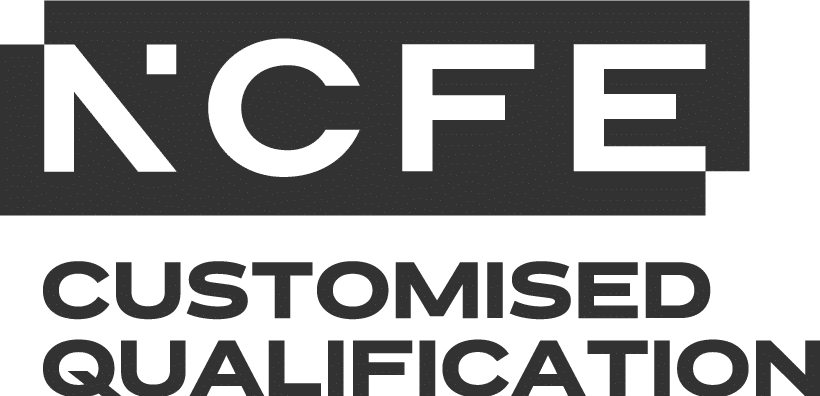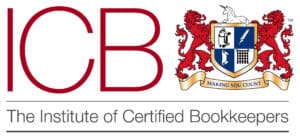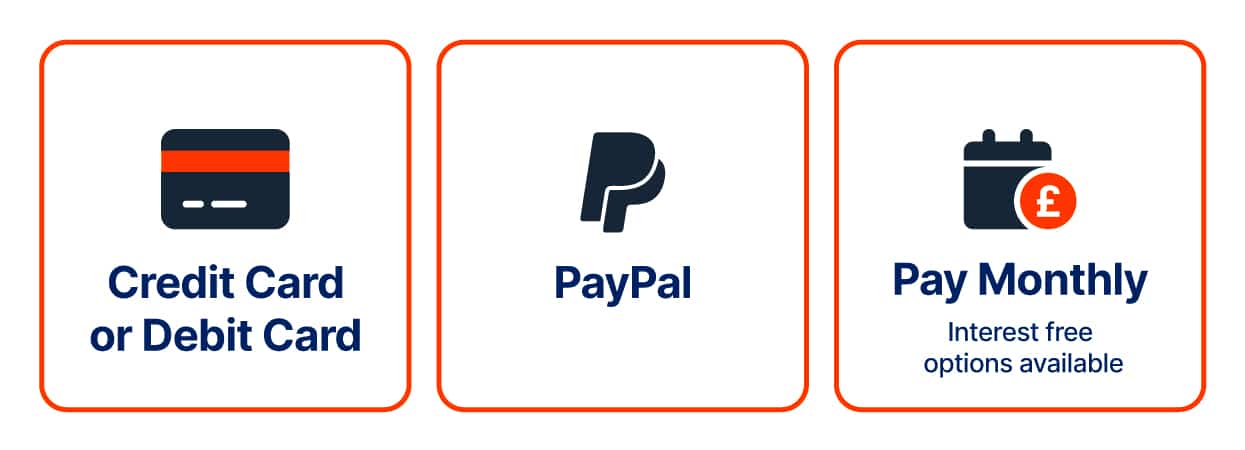Overview
Are you tenacious, inquisitive, and logical? Do you have nerves of steel, and razor-sharp intuition? If so, then you might just have what it takes to become a private investigator. Before you start, however, you’ll need some essential skills.
Dive into the fascinating world of the PI and learn to think like a sleuth with this in-depth level 3 course.
What you'll learn
First thing’s first: let’s talk about everything you’ll need to become a PI, and run through the fascinating history of this profession. In particular, you’ll take a close look at the pioneering work of Eugene Francois Vidocq, who shaped the process of police investigations and forensic profiling.
So, you’d like to set up your own PI business? First, let’s examine why people will be at the heart of everything you do, and who you might need to help you. We’ll run through how much you should charge for your services, and bad PI practices you should avoid at all costs.
Observation and concentration. Communication. Courage. Quick thinking. These are just some of the essential skills that all PIs need, but what exactly does this mean? And how can you improve on your existing skills? In unit three, our expert covers all of this, and more.
Being a private investigator is a position of great moral responsibility, so it’s important that you behave ethically at all times. In this section, we’ll take a look at exactly what that will mean for you in your new career; for instance, you’ll need to co-operate with law enforcement, and make sure your reports are always truthful.
Of course, to be effective in your job, you’ll need to know your way around the law. In this section, you’ll be guided through the key legislation that will govern your work as a PI.
Let’s get down to business: investigation. We’ll take a look at the types of investigations you might find yourself pursuing, such as matrimonial disputes, personal accidents, missing persons cases, and more. You’ll discover how to interview suspects and witnesses, use exploratory questioning, and gather evidence.
Gathering evidence for a case is more of a science than an art. Next, we’ll examine exactly what information you’ll need to collate on a suspect, and how evidence at a crime scene is handled.
Information is the business of a private investigator. In this unit, you’ll learn the difference between suspect interrogations and witness interviews. You’ll also discover ways to develop a rapport with your interviewees, explore body language and find out the importance of remaining objective as a private investigator.
Surveillance is a critical weapon in any PI’s arsenal, so you’ll need to know how to use it effectively. Here, our expert will guide you through how to prepare for a surveillance operation, what to wear, the technical preparation required, and the logistics you’ll need to consider. You’ll also look at how to safely pursue someone in a vehicle, without drawing their attention.
So, now you know how to surveil someone, but what equipment will you need? We’ll run through exactly what you’ll need to invest in, and how these gadgets will aid your investigatory activities.
Business and corporate security offers a wider variety of opportunities for a PI than any other speciality. For instance, you might find yourself investigating compensation claims, or fraud cases. You’ll take a close look at these types of cases, and the work they might entail.
When a police investigation goes cold, the families of missing people often turn to a PI for help. The art of locating people who have gone missing is known as ‘skip tracing’, and we’ll take a look at the kinds of cases you might get to investigate, and what they’ll involve. You’ll also take a look at how you might help adopted children re-connect with their birth parents.
Being knowledgeable about the laws that apply to an investigation is important for the success of a private investigator, and in this section, we’ll cover just that. You’ll discover the rules and regulations that cover pretexting and deception, how to legally gain access to information, and more.
There are many things to consider when setting up your own business; tax agents expect timely compliance, creditors and investors expect payment. Employees also hold expectations, as do clients. In this section, we’ll cover all these things and more, so you’ll be prepared and ready to make your very own PI business a success.
Extra info
Awarding Body

With a heritage stretching back over 150 years, NCFE is one of the largest awarding bodies in the UK. Over 340,000 students were awarded certification by NCFE last year.
NCFE Customised Qualifications are bespoke, unregulated qualifications developed to meet the specific needs of learners. These courses fit in where there are no other regulated qualifications are available. Meaning you can achieve recognition from a well-respected awarding body, even if there isn’t a pre-existing qualification in a certain subject area.
Course Outcome
At the end of this course, successful learners will receive a NCFE Customised Qualification and a Learner Unit Summary (which lists the details all of the units you have completed as part of your course). You can read more about NCFE here.
How is this course assessed or examined?
Each unit is followed by a written tutor-marked assignment (TMA), which is submitted and then marked by your tutor. You will not be required to take an external exam.
Entry requirements
There are no formal entry requirements for this course, however, it is recommended that you have an intermediate ability to read and write English.









